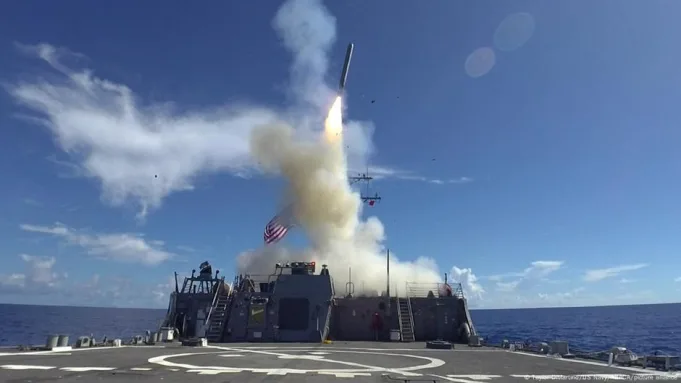Ukraina telah secara tajam meningkatkan kemampuannya untuk mencapai target militer di dalam Rusia, Mayor Jenderal Jerman Maik Keller mengatakan kepada kantor berita DPA, mengutip keuntungan dalam personel, peralatan, dan pelatihan.
“Ukraina menjadi lebih baik dalam mencapai target yang relevan secara militer di kedalaman Rusia. Ini adalah masalah kemampuan, dan kemampuan berarti personel, materi dan pelatihan,” kata Keller, wakil komandan bantuan keamanan NATO dan pelatihan untuk misi Ukraina (NSATU) yang berbasis di Wiesbaden, Jerman.
NSATU mengoordinasikan dukungan dari 30 negara, termasuk Mitra Australia, Selandia Baru dan Ukraina sendiri, untuk memenuhi kebutuhan Kyiv akan senjata, amunisi, suku cadang dan peralatan sambil menyelaraskan pasukannya dengan standar NATO. Keller mencatat bahwa pembelajaran itu saling menguntungkan, dengan kemajuan Ukraina dalam perang drone – yang mencakup pertempuran, logistik, dan evakuasi medis – memberikan contoh.
“Misi inti kami adalah untuk mengoordinasikan dukungan untuk Ukraina,” katanya. “Tapi kita akan bodoh untuk tidak menggunakan pengetahuan ini untuk meningkatkan diri kita sendiri dan menyelamatkan tentara kita sendiri dari mengulangi pelajaran sulit Ukraina.”
Komentarnya datang ketika Berlin menjanjikan EUR 300 juta ($ 351 juta) untuk membantu Ukraina menghasilkan ribuan drone jarak jauh, mengikuti gelombang serangan Ukraina pada kilang minyak Rusia dan infrastruktur penting lainnya.










